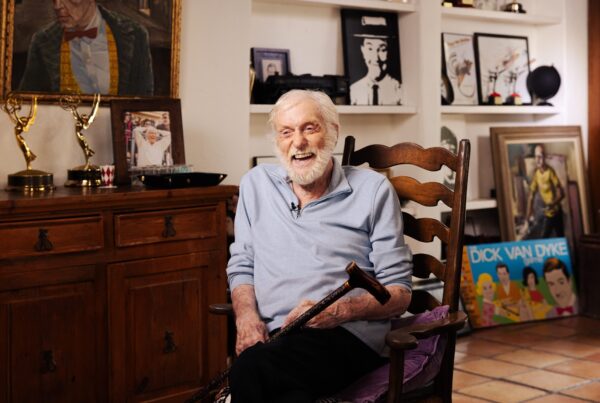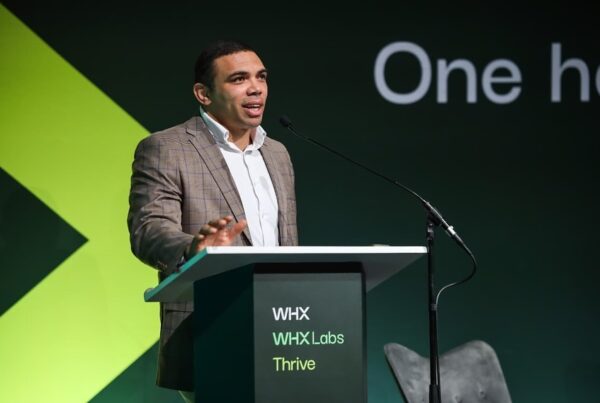Having the fifth-most-followed account on Instagram definitely has to be as daunting as it sounds. In fact, chances are that you will likely spend a better part of your day on your social media pages, trying to keep the momentum going. Except, this couldn’t be farther from the truth.
Yes, Selena Gomez has over 300 million followers (and counting) on Instagram and yes, she is the fifth-most-followed account on the photo-sharing network, but you may be surprised to hear that it’s actually the actress’s assistant that’s responsible for sharing her content. In fact, the Wizards of Waverly Place star hasn’t been on social media in over 4 years, all in an effort to preserve her mental health,
“Taking a break from social media was the best decision that I’ve ever made for my mental health. I created a system where I still don‘t have my passwords. And the unnecessary hate and comparisons went away once I put my phone down.” – Selena Gomez, InStyle
Selena Gomez: Quitting Social Media for Mental Health
“I haven’t been on the internet in four-and-a-half years… It has changed my life completely… I am happier, I am more present, I connect more with people,” Selena Gomez, Good Morning America
The former Disney star has been open about her mental health journey in the past. In 2020 during an Instagram Live chat with fellow Disney star Miley Cyrus, Gomez spoke about her bipolar disorder diagnosis, and prior to this in 2018 during another Instagram live, Gomez also opened up about living with depression and anxiety, sharing that,
“Depression was my life for five years straight. Depression and anxiety were at the forefront of everything that I did in my life. Every single thing. I would make myself have the courage to just keep going.”
Social media and mental health
According to a Chinese study that focused on 512 college students from March 24 to April 1, 2020, a strong association was found between higher use of social media and an increased risk of depression. Additionally, a recent study credited in Harvard Magazine found that adults who use Snapchat, Facebook, and TikTok are more likely to report symptoms of depression.
Should you take a social media detox?
Selena Gomez is focused on prioritizing her mental well-being, and one way to do this is by stepping back from social media. Gomez revealed that she can’t believe where she is mentally just because of how she took the necessary steps to remove herself from social media.
What’s more, research has found that reducing your social media use, or quitting it entirely, can have a beneficial impact on your mental health. A 2018 study published in the Journal of Social and Clinical Psychology examined 143 undergraduates who were tasked with either limiting their daily social media use to no more than 10 minutes or continuing their social media use normally, over a 3-week period.
According to the results, the undergraduates who were tasked with limiting their social media use showed significant reductions in loneliness and depression over three weeks compared to the control group.
Another study, published in the Libyan Journal of Medicine, asked 68 university students to adopt a social media detox and according to the findings, those who did end up reporting positive changes in their mood, better academic productivity, reduced anxiety, and improved sleep.
Tips for a social media detox
If you’re interested in adopting a social media detox but are unaware of where to start, try the below tips:
- Slowly and gradually cut back on how much time you spend. Try installing an app like Social Fever that will help you track and limit your social media use.
- Get a hobby
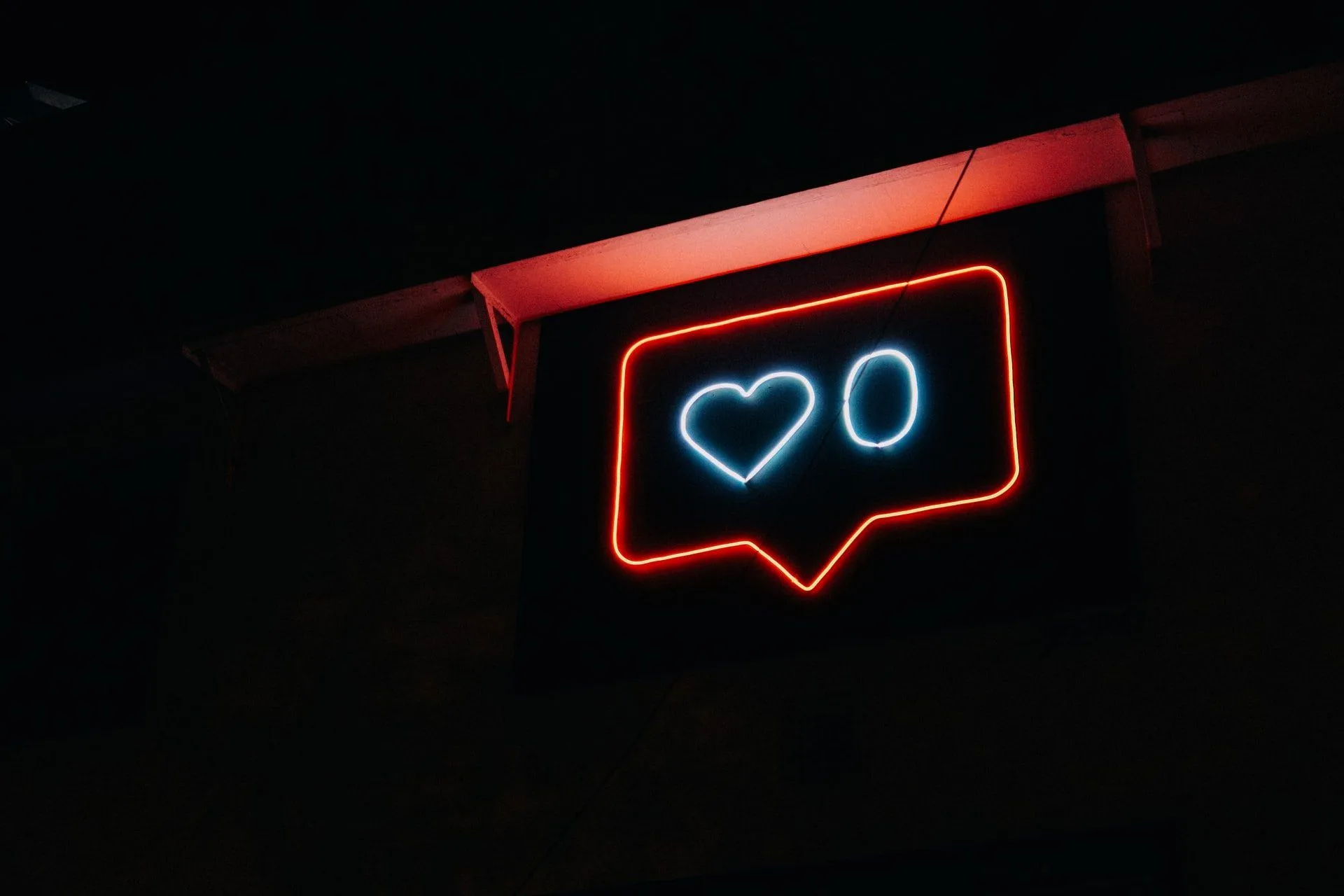
Photo by Prateek Katyal on Unsplash
- Turn off your notifications
- Unfollow people and pages that make you feel bad
- Give your phone a bedtime
- Learn to use your phone for anything but social media
- Spend at least the first hour of your day doing anything but using your phone
Selena Gomez’s mental health tips
In addition to taking a break from social media, Selena Gomez also has other habits that help protect her mental health. One of these is going to therapy, which the star is a huge proponent of, “I‘m a big believer in therapy, and I always feel so confident when I’m taking care of myself. If I’m not in the best headspace and my friends invite me out, I won’t go.”
Another way the star protects her mental wellbeing? By getting some cozy, self-care me-time,
“To me, there‘s nothing better than wearing your favorite cozy outfit, sitting by a fireplace, and having a tea moment. I’m like an 80-year-old woman.”
MAIN IMAGE CREDIT: selenagomez/instagram
References
El-Khoury, J., Haidar, R., Kanj, R. R., Bou Ali, L., & Majari, G. (2021). Characteristics of social media ‘detoxification’ in university students. The Libyan journal of medicine, 16(1), 1846861. https://doi.org/10.1080/19932820.2020.1846861
Hunt, M.,Young, J., Marx, R., Lipson, C. (2018). No More FOMO: Limiting Social Media Decreases Loneliness and Depression. Journal of Social and Clinical Psychology. 37. 751-768. 10.1521/jscp.2018.37.10.751.
Zhao, N., & Zhou, G. (2020). Social Media Use and Mental Health during the COVID-19 Pandemic: Moderator Role of Disaster Stressor and Mediator Role of Negative Affect. Applied psychology. Health and well-being, 12(4), 1019–1038. https://doi.org/10.1111/aphw.12226


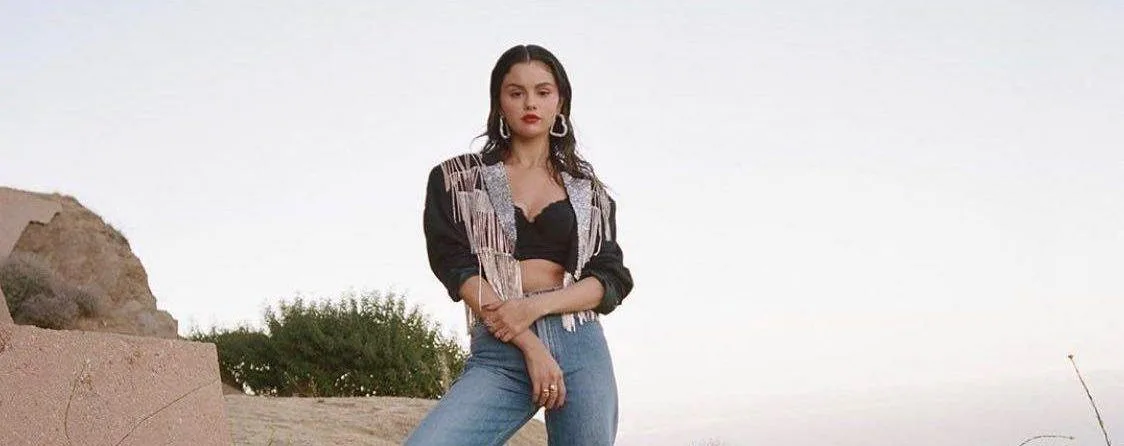
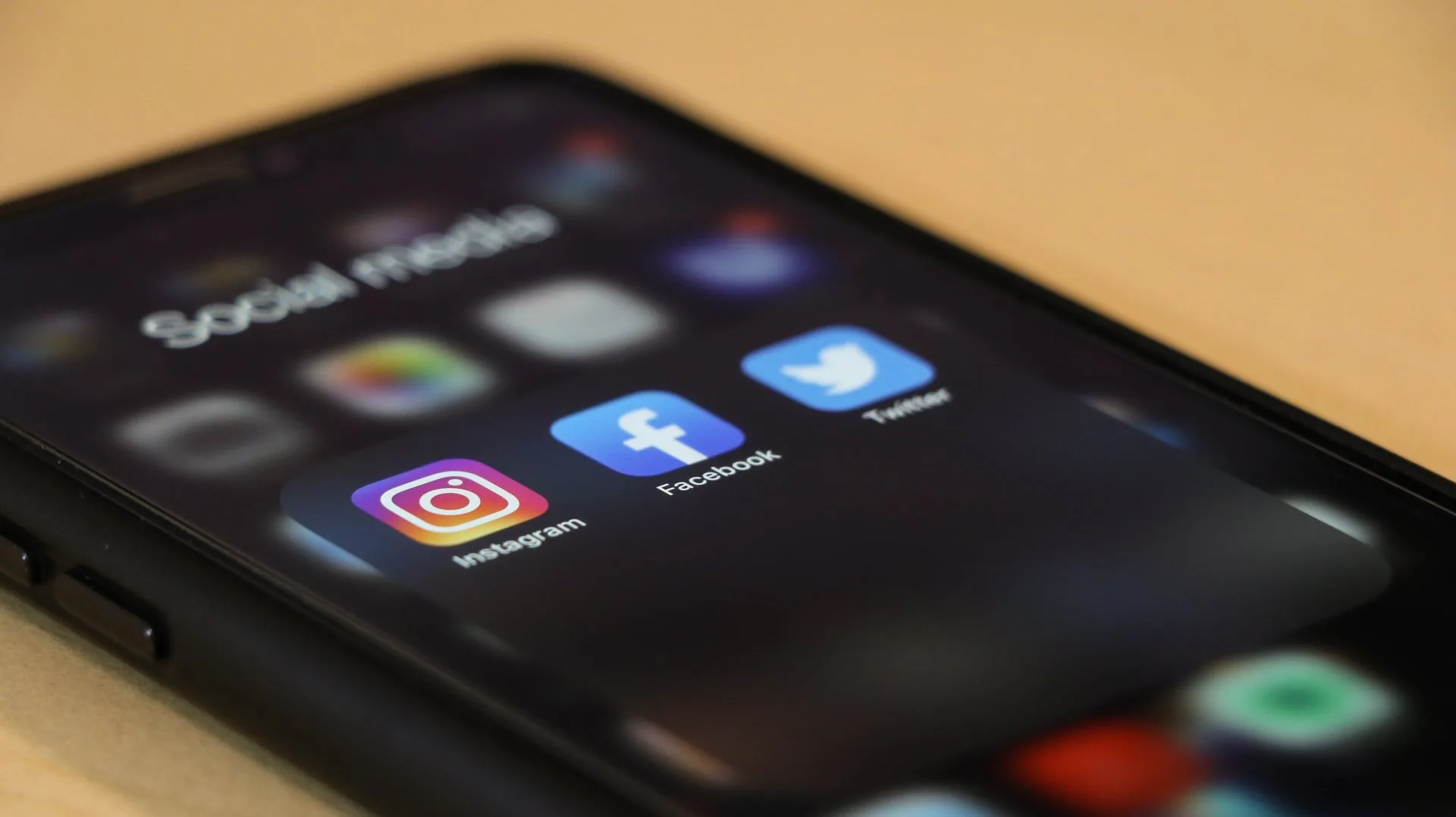
![women [longevity live]](https://longevitylive.com/wp-content/uploads/2020/01/photo-of-women-walking-down-the-street-1116984-100x100.jpg)





